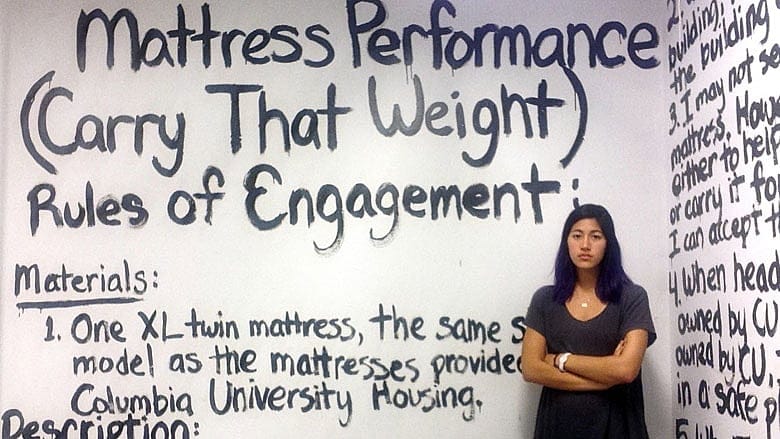NPR Identifies False Accuser As ‘Survivor’

A Boston-based National Public Radio correspondent received a torrent of criticism over the weekend after she defended the media organization's decision to refer to a Columbia University student who falsely accused another student of rape as a "survivor."
The piece, produced for NPR's "All Things Considered," examined a new approach to adjudicating campus sexual assault allegations known as "restorative justice." NPR correspondent Tovia Smith said the proposed practice involves focusing on the harm done "and finding ways to repair it" instead of "judging or punishing the perpetrator."
